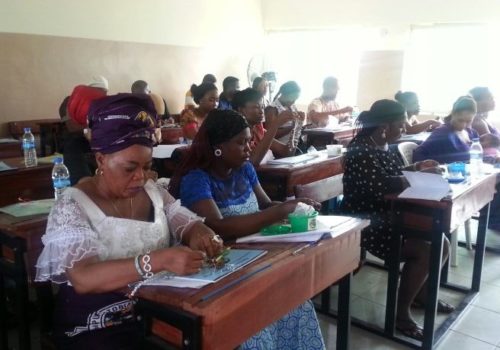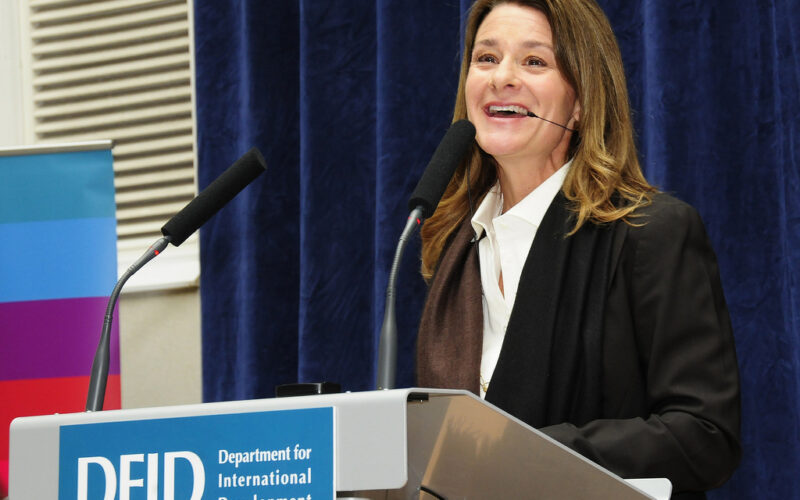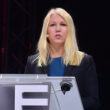Dear Melinda Gates,
Today I read your recent commentary in Forbes about how “(You) wouldn’t be where (you are) today without contraceptives.” You said, “It’s no accident that my three kids were born three years apart—or that I didn’t have my first child until I’d finished graduate school and devoted a decade to my career at Microsoft. My family, my career, my life as I know it are all the direct result of contraceptives.”
And I’m not so convinced. I think you are where you are through hard work, motivation, determination, passion, trusted mentors, and love for your family and your work. Isn’t that how we all reach any personal or professional success, not through a pharmaceutical product?
- The goals of your foundation are admirable: to decrease poverty, maternal deaths, and childhood mortality on the international level, focusing especially on South Asia and Africa. You hope to do this by raising the number of women using modern contraceptive methods internationally from 300 million to 420 million. In 2015, you pledged $120 million to make this happen.
As a FertilityCare Practitioner and concerned global citizen, I believe your plan to increase contraceptive use in impoverished countries has some serious flaws.
Contraceptives can pose significant long-term and short-term health risks for women.
One of the methods you have promoted recently is Pfizer’s Sayana Press (self-injectable every 3 months). For the sake of preventing pregnancy, this and other contraceptive methods are unnecessarily exposing women to debilitating side effects, including decreasing bone mineral density, causing intermenstrual bleeding, weight gain, headaches, as well as the risk of blood clots (pulmonary embolisms) and breast cancer.
Methods of family planning that are considered unpopular and inadequate to American women are being shipped abroad.
Sayana Press is similar to the Depo-Provera shot, which is growing increasingly unpopular in the United States. Fertility awareness advocate Holly Grigg-Spall, says, “It’s interesting that the Pfizer corporation and the Gates Foundation—both American entities—are so eager to export a product to other nations that women in its own country would rather not use” (1). This double standard does not go unnoticed and is not a true solution.
Women in developing countries do not have access to life-saving healthcare infrastructure.
The access to emergency care that we have in the United States is uncommon in the countries your foundation serves. If a serious side effect—such as a pulmonary embolism— occurs to a woman living in a remote village or town, she may not have access to an ambulance or emergency care, let alone in the amount of time needed to save her life.
Melinda, you said, “Public advocates are important, which is why I’ve taken on that role. But nothing can take the place of a trusted voice in the community.” I agree. However, I believe women deserve to learn about safe, effective alternatives to contraceptives from people they know and trust.

In the fall, Natural Womanhood responded to a call for help by raising funds to train 8 local Fertility Awareness instructors in the FEMM ovulation method and Couple Beads methods in Nigeria. Now, women and couples can learn fertility awareness methods (FAM) and use these methods for their childbearing years, making their own informed decisions about becoming pregnant and avoiding pregnancy, which will in turn improve maternal and fetal health outcomes. In addition, all women deserve good obstetrical and gynecologic healthcare that goes beyond a prescription for contraceptives.
When I learned Fertility Awareness and discovered its effectiveness on a personal level, I could not help but share it with friends and acquaintances, eventually now teaching it myself. The ripple effect will be tremendous as mothers share this knowledge with daughters, sisters, friends and others, but imagine the extensive impact this initiative could have with the funding at your disposal.
You said, “Both evidence and experience show that empowered women are drivers of progress, creators of wealth, and the world’s greatest force for transforming societies. The women I met overseas are ready and willing to contribute to a better future for all of us. We should take it on ourselves to make sure they have that chance.”
I wholeheartedly agree: women are strong, powerful, and competent. Can you imagine the tremendous societal growth and good that would occur if all women had access to the necessary health education about FAMs so to plan and avoid pregnancy in a sustainable and healthy way? That is a family planning initiative that I can get behind: one that would certainly not be the direct result of contraceptives.
When this article refers to fertility awareness methods (FAM), or natural family planning (NFP), we are referring to Fertility Awareness-Based Methods, evidence-based methods of cycle charting which can be used as effective forms of natural birth control when learned by a certified instructor.
Reference
http://ladyclever.com/health-fitness/sayana-press-exporting-birth-control-we-wont-use/
Read more:







Sadly, eco-breastfeeding is ignored by many NFP organizations. Here is my letter to Melinda Gates (June 4, 2014):
Thanks for your promotion of breastfeeding and skin-to-skin
contact. You also stressed the importance of spacing births. Nature
provides for this with natural mothering or what we call ecological
breastfeeding…which also benefits the mother’s health. I would be
willing to offer a discount on a simple inexpensive book I wrote on this topic
called The Standards of Ecological Breastfeeding: The Frequency Factor (ebook
and print). Here in the States most folks are quick to say “We know that
doesn’t work” when this topic is brought up. I wrote the book to prove
that it does work.
Research shows that American mothers average 14.5 months of
amenorrhea when they practice eco-breastfeeding. Some mothers have an
earlier return; some have a later return of menstruation. In a few other
countries the amenorrhea can be even longer. To go one, two or even 3
years without menstruation is normal with the right kind of breastfeeding.
A man from Indianapolis called me last week. He mentioned a
new international center at the Indianapolis zoo for orangutans. It has
not opened yet but as a special member he received a special tour. On the
wall it stated that orangutans have a natural spacing of 7 to 9 years while
humans have a natural spacing of 3 years! Of course, with bottles and
pacifiers and other cultural practices most nursing mothers have an early
return of menstruation and fertility. The frequency factor has been lost in our western culture.
Thanks for your consideration. I have been promoting natural
child spacing since the 60s.
Thank you for bringing this up!